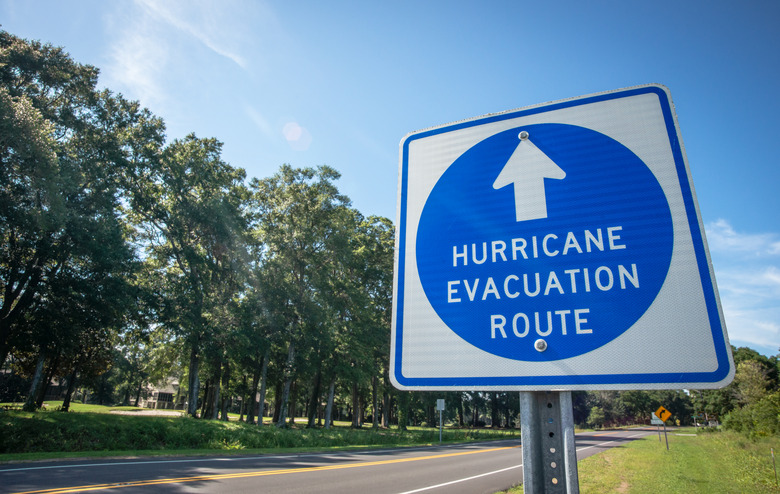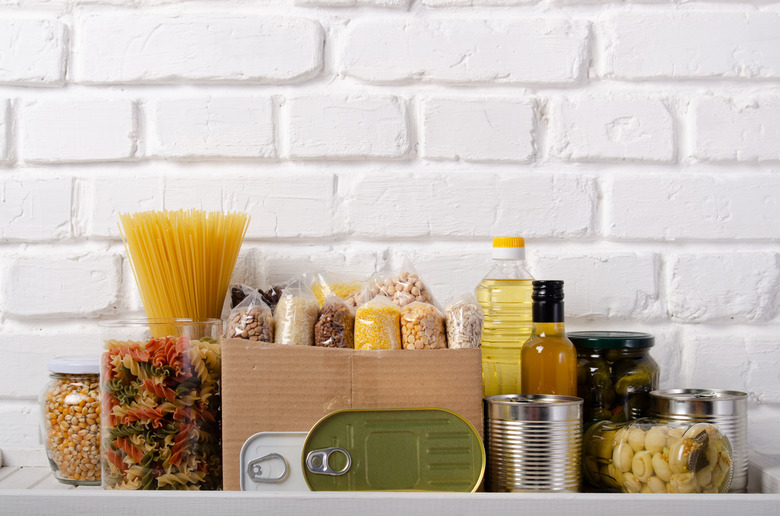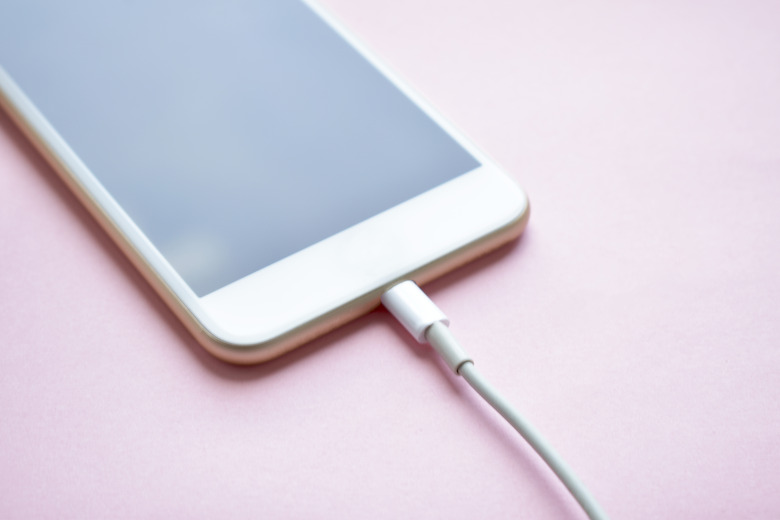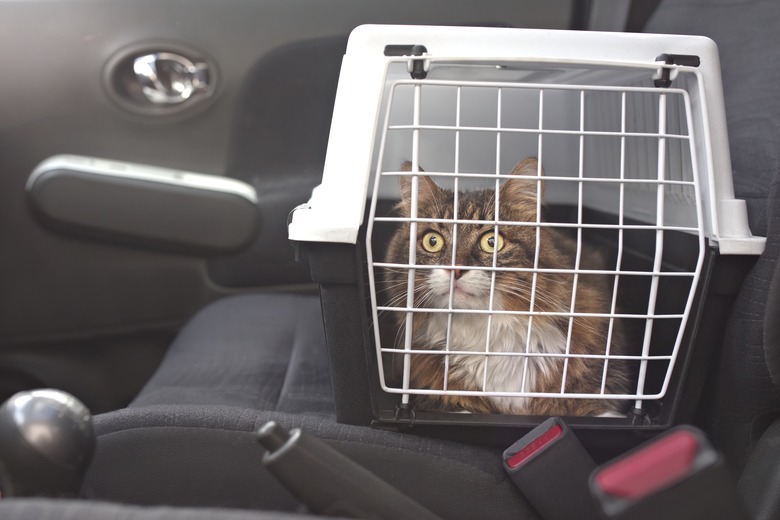Hurricane Safety — 9 Essential Tips For Staying Safe Before And During A Storm
We may receive a commission on purchases made from links.
Those who live in a hurricane zone can take steps now to improve hurricane safety for themselves, their loved ones and their homes. Hurricanes are tropical storms with high winds reaching at least 74 mph. These tropical cyclones hit the coast and move inland, causing storm surges that are the number one cause of hurricane deaths in the United States. Hurricane season usually lasts from June 1 to November 30 each year, but hurricanes can and do happen in May and December too.
Preparation is key to staying safe before, during and after a hurricane. Some of the things you need to do are intuitive — like keeping functioning flashlights — but others, like prearranging a meeting place with family, may not occur to you.
It's helpful to plan ahead and even keep a list of to-do items to check off right before the storm hits — because staying organized will help you will avoid preparing during the chaotic rush that happens after hurricane warnings are issued. To protect you and your family, you'll also want to understand and follow expert hurricane safety tips while the storm is raging.
1. Prepare for Evacuation
1. Prepare for Evacuation
If you live in a hurricane area, you should be aware of it. If you aren't sure, check with local authorities or the National Weather Service to find out. Those in hurricane-danger zones, notably areas near the Atlantic Ocean, the Caribbean Sea or the Gulf of Mexico, need to put together both a family evacuation plan and an emergency evacuation kit. Part of the evacuation plan involves determining your best evacuation route (including multiple routes in case there are flooded roads) and choosing a convenient meeting place known to everyone in the family in case people get separated.
The emergency kit is an important part of hurricane safety. It contains the supplies that you will take with you if you need if there's an evacuation order, including water, food that isn't perishable, cash, flashlights, extra batteries and everything else you will need to survive for at least three days on your own.
2. Stock Up on Water
2. Stock Up on Water
Water is essential, and you'll want to store at least a three-day supply in your house. That's in case the water system shuts off or your home's water is contaminated, which sometimes happens after natural disasters.
How much should you store? Each person in your household will need at least two quarts of water per day for drinking and another two quarts per day for food preparation and sanitation. Active kids, nursing mothers and sick people may require more than this amount, and everyone may need more if the weather is very warm. Use plastic containers to store the water (like soft drink bottles) rather than anything that can decompose or break, like paper cartons or glass bottles. Swap out the water every six months so that it remains fresh.
One easy way to beef up the water supply in the house immediately before a hurricane is to fill bathtubs and sinks. This water can be used for flushing the toilet, for example.
3. Stock Up on Food
3. Stock Up on Food
In a hurricane, you won't be able to shop for food or call out for pizza. That means that stocking up on food is also important both in the home and as part of the emergency kit. Experts recommend that you keep enough food in your home to provide nourishment for three days.
After a hurricane watch has been issued, usually four days before expected landfall, stock up with more food if you have time. The day before the expected landfall, turn your refrigerator to the coldest setting to keep the fresh food from spoiling during a subsequent power outage. For the emergency kit, buy lightweight, nonperishable food that requires no refrigeration and little preparation. Ready-to-eat foods work well, including canned juices and trail mix. Again, experts recommend that you carry enough to feed the family for three days.
4. Prepare Emergency Kits
4. Prepare Emergency Kits
It's a good idea to put together two emergency kits: a bigger, more complete one to keep in your home on the ready and a smaller one to take with you in the car if you need to evacuate. If you have an emergency kit for other natural disasters, it can double as your emergency hurricane kit too.
Be sure you include a first-aid kit filled with bandages of different sizes, antiseptic wipes and aspirin. If you or family members require prescription medication, you'll need to carry that as well. While you are at it, purchase essential tools for hurricane preparedness, like a wrench to turn off the gas to the house. This small step can prevent a fire threat.
And although not essential for survival, it's also a good idea to gather important documents, like passports, Social Security cards and the house deed alongside your emergency kit — that way you have everything that would be difficult to replace right with you.
5. Secure Windows and Doors
5. Secure Windows and Doors
A home's windows and doors are vulnerable in big winds. That means that you'll want to close them and lock them before a hurricane. It's also a good idea to prune back shrubs and trees near the home and move in all loose objects, like lawn furniture, in order to prevent these things from flying around and crashing into the house.
It's important for hurricane safety to secure windows with boards or other hurricane protection. Decide what to use and prepare it in advance since many people will be rushing to stores after a hurricane warning is announced. No matter how strong your protection, stay well away from windows, skylights and any glass doors when the hurricane hits. Don't forget to put your vehicle in the garage and secure the garage door, which is usually one of the most vulnerable doors of the house.
6. Charge Phones and Batteries
6. Charge Phones and Batteries
If you live in a hurricane zone, you will want to get a hurricane warning/tracking app for your smartphone or tablet — this will give you have plenty of advance notice before a hurricane hits. In addition, all phones in the household should be plugged in the minute a hurricane warning is issued. With a fully charged phone, you can get alerts and also place calls if you need to do so. Get a portable phone charger for good measure and charge it up. It is very common to experience downed power lines during a hurricane, which means you won't be able to plug in anything — possibly keeping you disconnected from vital information.
7. Buy a Nonelectric Radio
7. Buy a Nonelectric Radio
Phones are good, but it's possible to have a power outage and lose cell coverage in a hurricane. That's why you also need a battery-powered or hand-crank radio for your emergency kit. These radios are considered essential emergency gear by the Federal Emergency Management Agency and the National Oceanic and Atmospheric Administration, and they can provide vital information in case cell phones and internet go down. A designated weather alert radio will notify you even when the radio is turned off or tuned to a different station.
8. Move Deep Indoors
8. Move Deep Indoors
The best way to stay safe in your home during a hurricane is to move to an interior room, putting as many walls as possible between yourself and the wind. This also reduces the chance of injury if windows or glass doors shatter. If you aren't told to evacuate, stay deep indoors until after the storm has passed. Don't be fooled by the calm that comes as the eye of the storm passes over your house. Quite quickly, your house will be hit by high winds coming from the other direction.
9. Take Care of Pets
9. Take Care of Pets
Keeping family safe includes protecting pets during a tropical storm. Pets will need your help to survive a hurricane. Prepare a three-day supply of water, food and medicine for each pet as well as other essential supplies, such as kitty litter. If you evacuate, your pets must evacuate too since there is no guarantee that they can fend for themselves at home. Keep pets on a leash or in a secure pet carrier. Be sure each pet has an up-to-date identification tag on its collar.
References
- National Weather Service: Hurricane Safety Tips and Resources
- National Geographic: Hurricane Safety Tips, Explained
- Occupational Safety and Health Administration: Hurricane Preparedness and Response
- Centers for Disease Control and Prevention: Preparing for a Hurricane or Tropical Storm
- Ready.gov: Hurricanes
- National Hurricane Survial Initiative: Hurricane Safety Checklists
- Safety.com: Hurricane Preparedness – Are You Ready?



